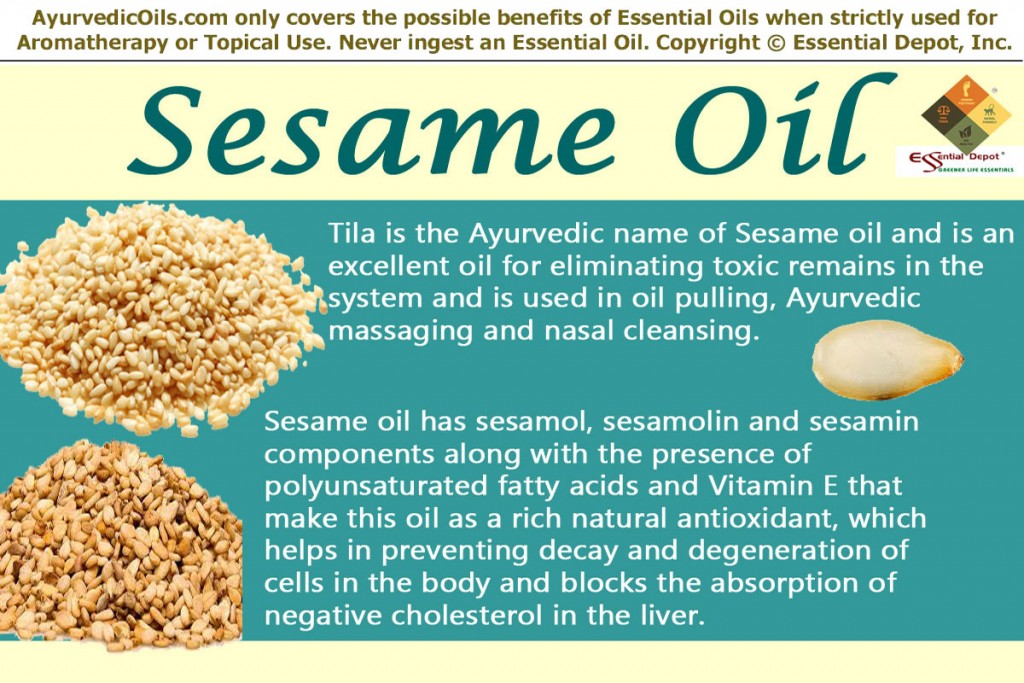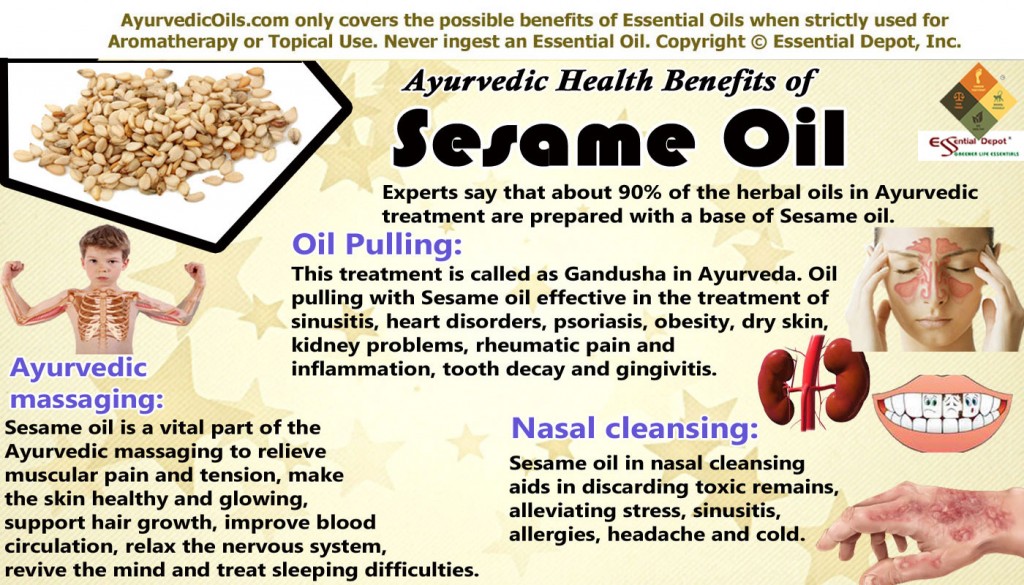Most of us might have perceived Ayurveda and Aromatherapy as two different parts of the Complementary and Alternative medicine but I take great privilege in revealing the fact that Aromatherapy is an innate or in-built part of Ayurveda, the 5000 years old ancient healing methodology. Ayurveda is proudly celebrated as the Mother of all healing sciences as it has given birth to numerous traditional healing methodologies like Unani, Homeopathy, Naturopathy, Acupuncture, Herbalism, Siddha, Traditional Chinese Medicine, Traditional European Medicine and much more.
Aromatherapy is not a separate branch of Ayurveda but it is a vital part or an incredible way of treating illness in Ayurveda through the use of ‘aromatics’ and later given a separate name by Rene Maurice Gattefosse, known as the father of aromatherapy. It’s high time to put an end to this endless myth whether Ayurveda and Aromatherapy are the two poles apart? Let’s analyze.
Holistic approach: Ayurveda is a holistic healing approach that considers an individual as an entity and as a ‘Whole person’. This ancient science considers the physical, mental, emotional, environmental and sociological reasons contributing to a particular illness of an individual. While prescribing medications, Ayurveda does not stop with giving herbs or oils as remedies for a disease instead it suggests regular practice of yoga, meditation, taking an Ayurvedic diet, an Ayurvedic routine and certain other lifestyle changes according to an individual’s body type (doshas) and the unique constitution known as Prakriti. On the other hand, Aromatherapy is also a holistic method that considers the connection between mind, body and spirit.
Use of aromatics: Ayurveda makes use of aromatics to prevent and treat various health conditions. This is because it believes that the strengthening of the five human senses promotes healthy living. Inhalation of the aroma of plants and the essential oils extracted from those plants is trusted to enhance the sense of smell and directly contributes to mental health and treats hormonal imbalances.
This is the basic reason behind the use of incense sticks and other aromatic herbs and oils like sandalwood and tulasi in religious rituals and prayers for instilling the spiritual feeling. When it comes to Aromatherapy, this attribute of using aromatics needs no explanation as Aromatherapy makes use of Ayurvedic essential oils and trusts that the aromatic compounds and therapeutic properties present in these oils helps in healing illnesses invariably.
Abhyanga or the Ayurvedic massage therapy: Ayurvedic massage therapy involves the use of remedial oils like sesame oil, coconut oil, almond oil, olive oil and few other vegetable oils along with effective essential oils. It is a vital part of Panchakarma or the detoxification therapy, where the toxic substances of the body are removed and it inhibits the growth of harmful bodies through systematic massage.
Marguerite Maury, pioneer of Aromatherapy and the celebrated French Aromatherapist, in the traditional British Aromatherapy has talked on the benefits of using essential oils on dermal application through effective massage techniques, where the concept of massaging itself is indigenous to Ayurveda.
Ayurvedic essential oils: Ayurveda is the oldest of the existing medicinal practices in the world and has a recorded use of herbal plants for more than 5000 years ago. Essential oils are nothing but the highly concentrated liquids extracted from plants and are often known as the essence of the herbal plants. Aromatherapy makes use of these essential oils to reiterate the fact that we are a part of nature and it is safe and secure to treat our illnesses in a natural manner. Dr. Light Miller in her famous book ‘Ayurveda and Aromatherapy: The Earth Essential Guide to Ancient Wisdom’ talks about the importance of doshas and the perfect essential oils for each dosha.
For Vata Dosha: Lemon, Eucalyptus, Cinnamon, Basil, Ginger, Angelica, Cajeput, Anise and Rosewood.
For Pitta Dosha: Sandalwood, Lime, Peppermint, Chamomile, Yarrow and Coriander.
For Kapha Dosha: Eucalyptus, Rosemary, Niaouli, Sage, Basil, Savory, Clove and Hyssop.
Vata, Pitta and Kapha is not Greek or Latin in the world of Aromatherapy but it just indicates the predominance existing in an individual’s constitution and these essential oils are said to treat the dosha imbalances with their healing properties.
Limbic System: According to Ayurveda, the sense of smell is connected with the limbic system. This helps in recollecting the memories of a place or a person associated with an aroma. Limbic system is a vital part of the brain that stimulates the function of the nervous system, determines the body temperature and blood sugar level, enables the process of respiration, and controls sexual feelings, sleep and awake responses and much more.
The underlying principle behind limbic system and Ayurveda is that the inhalation of aromatic essential oils with healing properties fosters the essential oil molecule to pass through the nasal passage and reaches the limbic system ultimately as nerve impulses following which, the hypothalamus passes the message to other parts of the body to rejoice, relax, control hunger, hormonal imbalances, thirst and many other feelings. Even Aromatherapy indicates the same mechanism of aroma through the limbic system in healing illnesses.
Hope this information is more than enough to prove that the concept of Aromatherapy has been a part and parcel of Ayurvedic healing methodology since ages till it was given birth under a new name ‘Aromatherapy’ by its father Rene Maurice Gattefosse. Nothing to wrestle or protest but I end this post with the pride of finding something unique and exceptional in all the healing sciences that is nothing but ‘Human beings are special naturally’.
Thought for the day:
‘Healing,’ Papa would tell me, ‘is not a science, but the intuitive art of wooing nature.’
-W. H. Auden
Suggested Reading:
- Ayurveda & Aromatherapy: The Earth Essential Guide to Ancient Wisdom and Modern Healing By Dr. Light Miller, Dr. Bryan Miller
- Aromatherapy for Healing the Spirit: Restoring Emotional and Mental Balance with Essential Oils By Gabriel Mojay
- The Aromatherapy Companion: Medicinal Uses/Ayurvedic Healing/Body-Care Blends/Perfumes & Scents/Emotional Health & Well-Being (Herbal Body) By Victoria H. Edwards
Reference Links:


